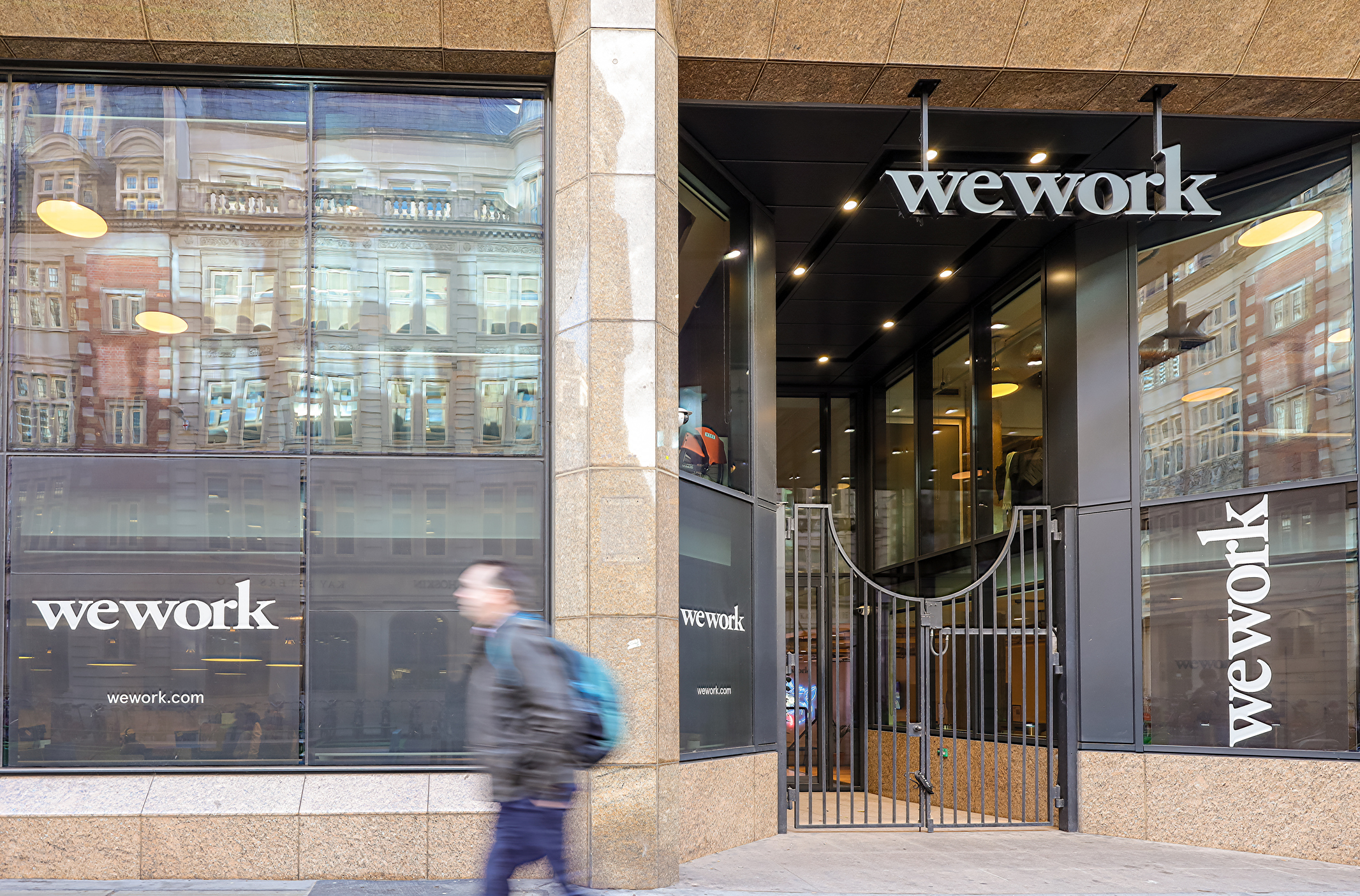- August 9, 2023
- 2 minutes read
Navigating Uncertainty: WeWork’s Road to Financial Revival

In a recent revelation, WeWork, the prominent New York-based workspace-sharing entity, has sounded a cautionary alarm about its prospects for the upcoming year, citing a series of financial woes and the urgent need for capital infusion. The company’s viability moving forward hinges on its ability to bolster liquidity and enhance profitability within the next twelve months.
WeWork’s tumultuous journey took a dramatic turn when it entered the public domain in October 2021. This milestone came on the heels of a prior attempt at an initial public offering (IPO) two years earlier, which had imploded spectacularly. That particular fiasco saw the removal of the company’s CEO and founder, Adam Neumann, as investor confidence wavered due to his erratic behavior and extravagant expenditures.
Initially valued at a staggering $47 billion, WeWork’s allure rested on its innovative business model: leasing large structures and reimagining them as shared office spaces catering to a diverse clientele, ranging from startups and small businesses to independent freelancers seeking flexible alternatives to permanent office arrangements.
However, the company’s path to success has been marred by escalating operational costs and an increasing reliance on infusions of funds from private investors. Additionally, WeWork acknowledged a persistent challenge in retaining its membership base, which comprises various businesses seeking adaptable office solutions.
To address these pressing issues, WeWork has outlined a multifaceted strategy. This approach includes pursuing more favorable leasing agreements, stringent financial control measures, and the exploration of various avenues to secure additional capital, such as debt issuance, stock offerings, or asset sales.
David Tolley, the interim CEO of WeWork, remains cautiously optimistic despite the financial headwinds. In the recently published results for the second quarter, the company reported a loss of $349 million. Tolley highlighted the company’s ongoing transformation efforts, emphasizing a commitment to member growth and retention, a strategic focus on optimizing its real estate portfolio, and a disciplined approach to curtailing operational expenditures.
As WeWork navigates the challenging terrain of its financial struggles, the coming months will prove pivotal in determining whether the company can successfully navigate its way back to stability, reinvent its business approach, and rekindle investor trust.
